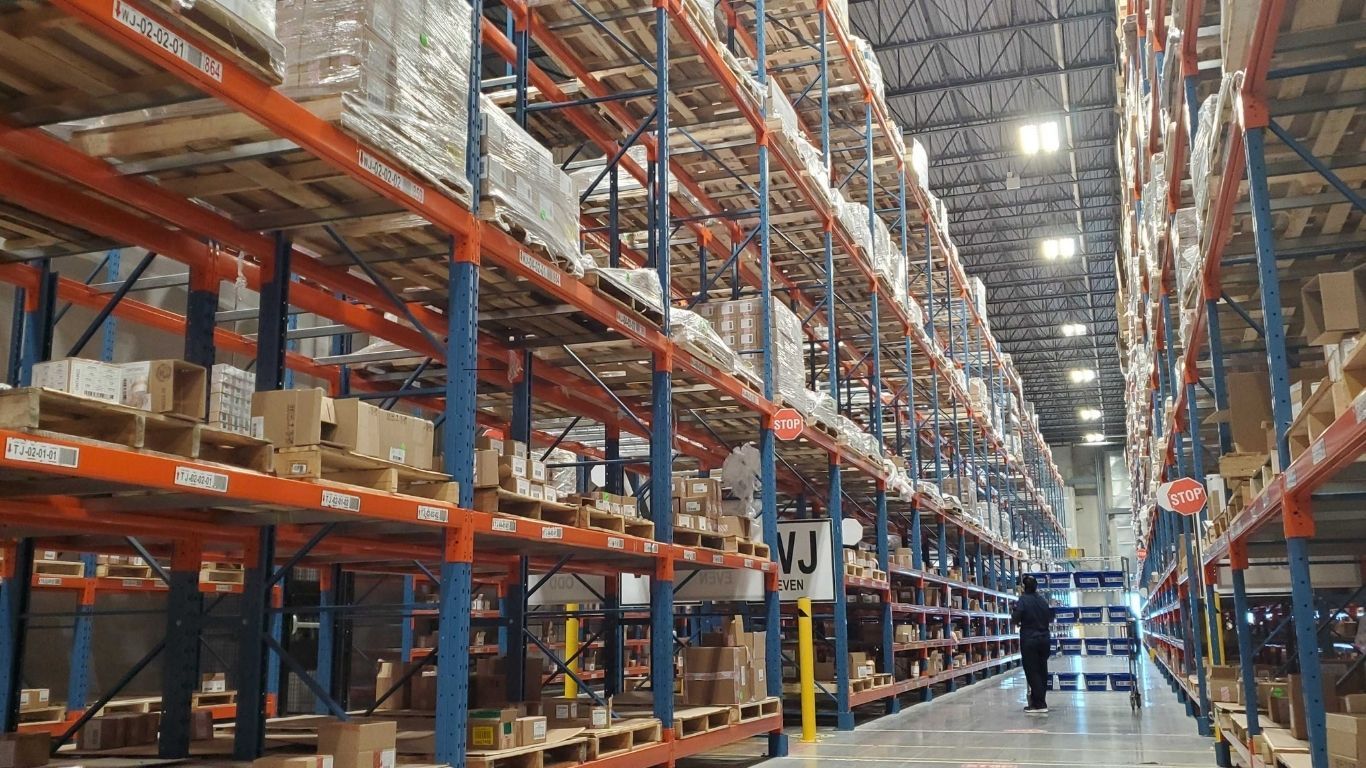
A BC MLA says new changes to BC’s cannabis regulations could result in more enforcement action against illicit retailers, especially those on First Nations lands.
The comments made by Mike Morris, MLA for Prince George-Mackenzie, during third reading of Bill 8 on May 31 in the Committee of the Whole, refer to changes to BC’s Cannabis Control and Licensing Act.
The changes, part of Bill 8 – 2021: Public Safety and Solicitor General Statutes Amendment Act, are mostly for regulatory housekeeping. For example, some changes are made to terminology, and differences between medical and non-medical cannabis rules are clarified. It also contains updated aspects of the act where it comes to enforcement.
“As a previous enforcement officer, I like what I see in the bill on what the police have available to them,” Morris said in the House. “As there are a number of illegal or unlawful cannabis operations, reportedly, on many of our First Nations reserves, and this bill will affect their ability to continue on in those operations in a legal capacity, I’m wondering whether your ministry has touched bases with any of the First Nations that are currently operating outside of this bill to advise them what the consequences would be to continue to operate once these provisions are added to the cannabis act.”
The section Morris is referring to is the new Division 1.1 that was added to the Act, which lays out whether an applicant for a retail license is “Fit and Proper”.
In an email to StratCann, Morris explains:
“Section 29.5 of this division states that if an applicant or an associate of the applicant has been involved in criminal activity, the general manager may rely on the disclosure of that information to determine that the applicant is not fit and proper to receive a license. It is a criminal offence under Section 8(1) of the Federal Cannabis Act to possess more than 30 g of dried cannabis, or to possess any amount of cannabis they know is illicit.
“If anyone, or any entity, is in contravention of this, they would be committing a criminal offence, and therefore involved in a criminal activity. It is a criminal offence under section 9(1) for anyone to distribute cannabis to anyone, to any organization, or to distribute illicit cannabis. It is a criminal offence under section 10(1) of the Cannabis Act to sell cannabis to anyone or to any organization.”
“There are a number of illegal or unlawful cannabis operations, reportedly, on many of our First Nations reserves, and this bill will affect their ability to continue on in those operations in a legal capacity.”
Mike Morris, MLA for Prince George-Mackenzie
Morris’ questions were answered by BC’s Minister of Public Safety and Solicitor General Mike Farnworth, the province’s lead on the cannabis file, saying the provincial enforcement department communicates with First Nations on this issue.
“The Community Safety Unit is in regular contact with First Nations right across the province,” Farnworth said in the House. “When First Nations were notified of these changes, they were informed that this legislation now goes from the regulations that were, in essence, there: ‘This is how the legislation works, and this legislation now makes them permanent.’ What’s clear is that what may have been perceived as being temporary is in fact now permanent.”
The BC Community Safety Unit (CSU) is tasked with enforcing the province’s cannabis regulations, especially in the retail system. In the first few years the CSU has largely focussed on education and issuing warning letters to non compliant retailers, although it has issued some large fines in some cases.
“When First Nations were notified of these changes, they were informed that this legislation now goes from the regulations that were, in essence, there: ‘This is how the legislation works, and this legislation now makes them permanent.’ What’s clear is that what may have been perceived as being temporary is in fact now permanent.”
MIKE FARNWORTH, BC’s Minister of Public Safety and Solicitor General
In response to questions from StatCann on whether this means greater enforcement, the Ministry of Public Safety and Solicitor General (PSSG) said Bill 8 will not change enforcement decisions by the CSU, but was equally vague at affirming Morris’ interpretation.
“The CSU’s approach with respect to unlicensed cannabis retail stores operating on First Nations reserve and treaty lands prioritizes education and awareness with community leadership (Chief and Council). The CSU meets with leadership to provide information on the CCLA [Cannabis Control and Licensing Act], the importance of the provincial cannabis licensing framework and CSU activities.”
“The Public Safety and Solicitor General Statutes Amendment Act 2021 (Bill 8) does not impact in any way enforcement resourcing decisions by CSU; the primary purpose of these amendments is to make permanent regulatory changes made post-legalization.”
Minister Farnworth will also make an announcement on June 9 at 12:30pm “concerning public safety and illicit cannabis.”
During the exchange in the House in May with Morris, Farnworth also affirmed that BC’s cannabis regulations are a law of general application and are enforceable on First Nations reserves. Although Farnworth has confirmed this in the past, he’s also stated that his government has been hesitant to enforce BC’s cannabis rules and regulations on First Nations land out of fear of a court challenge.
Instead, the BC government has been seeking to encourage First Nations communities to work with provincial regulators through special agreements called Section 119 agreements, named after the section of BC’s Cannabis Act that allows the government to engage with First Nations communities.
The issue of jurisdictional control over federal and provincial cannabis regulations on First Nations lands is an ongoing challenge for all parties involved. Many First Nations communities have stated their desire to control cannabis on their lands in their own ways, with some even implementing their own regulations. Provincial and federal governments tend to encourage regulations that work in concert with their own regimes, while some Indigenous Canadians argue they can operate outside the boundaries of those jurisdictions.
“Just as with some other issues, First Nations have said, ‘No. These are areas of our jurisdiction,’ and that’s both at the provincial level and at the federal level,” Farnworth said in 2020.
“…On numerous occasions, these are often tested in court, sometimes with a decision that, yes, they do come under First Nations jurisdiction, and that has far-reaching effects. When you have an issue where there is a dispute over jurisdiction, as a number of First Nations have indicated,” continues Farnworth, “it is their view that cannabis comes under their jurisdiction – this is a complex and complicated situation. It is something that has not just arisen. It has been around for a while, and we are working with First Nations to be able to deal with that. It’s why one of the ways in which we are encouraging legal production or legal retail is through the use of Section 119 agreements under the Act, which were designed to do just that.”
Morris says he believes the lack of enforcement comes down to a lack of interest from federal and provincial counsel in prosecuting these kinds of cases.
“I think it may be related to the reluctance to prosecute by the federal and provincial crown counsel offices,” says Morris. “As you are aware, police have no authority to approve charges. All they can do is provide the report to crown counsel, and the decision to proceed is up to that office. If the crown has indicated to police they will not prosecute these types of offences, the police would be reluctant to spend any resources on enforcement.”
Bill 8 passed Third Reading in the House on May 31, and is now awaiting Royal Assent.














